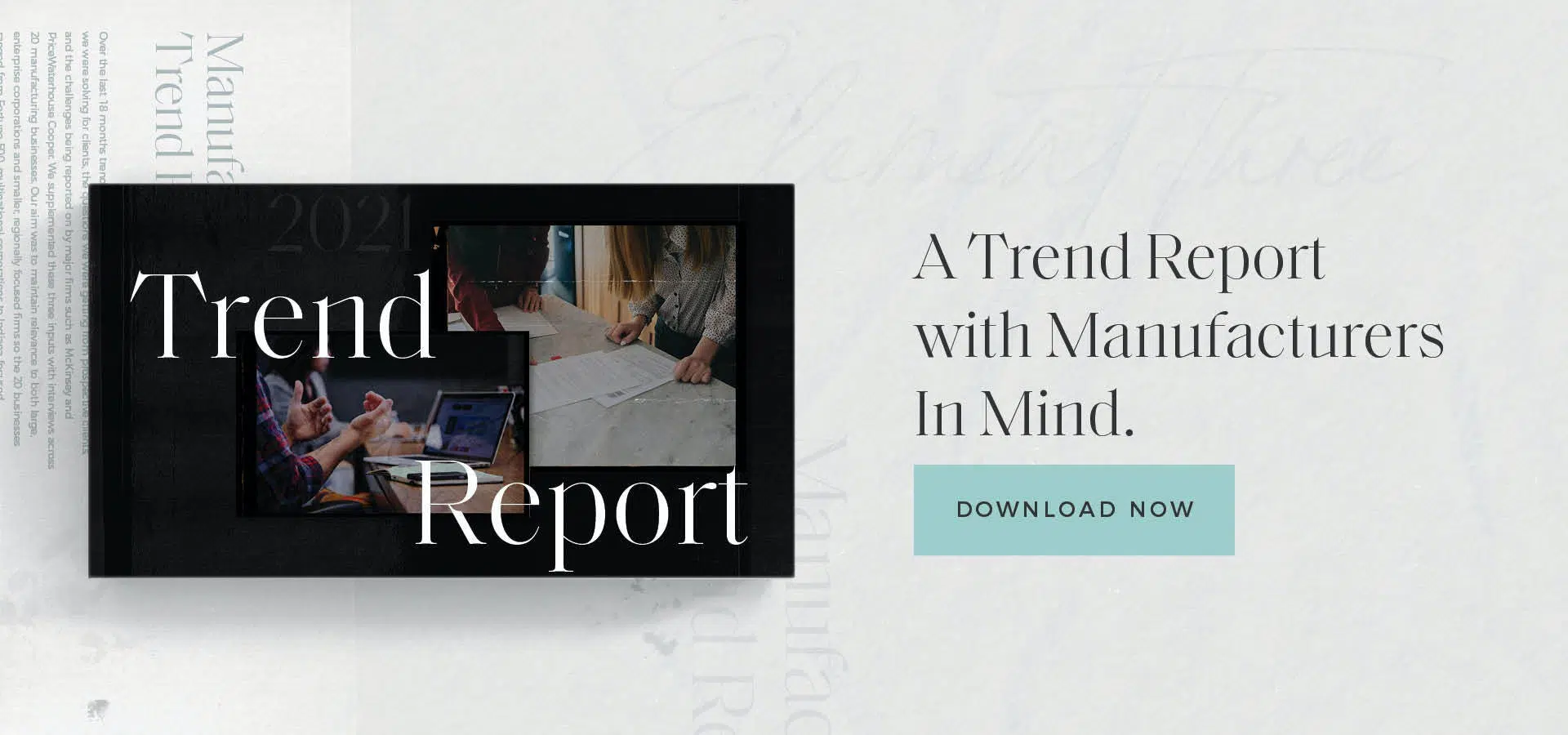Before spending lots of money on something, it’s advisable to make sure you’re spending it on the right thing. Even when you’ve identified the pain points properly, sometimes the same pains can match up with multiple solutions. That’s part of the reason why it’s important, before you really start shopping for marketing, to understand what the options for buying marketing are.
Like we’ve said, the pain you feel might not necessarily have to point you toward allying with outside marketing help. There are other options that you might seek—namely, reinforcing your own internal marketing team, or building the foundations of one. But once you know your options, both external and internal, and you’re certain that the answers you seek lie outside your four walls, what then? With a host of available options, how can a business know which is the right one for them?
Questions to ask when shopping for a marketing agency
When you’re looking at options for external marketing help, there are two major overarching segments you can target. Those are:
- Freelancers and contractors
- Agencies and consultancies
We covered the differences between the kinds of marketing partners here, but the short version is that freelancers and contractors have specific areas of expertise and can get a job done fairly quickly but are likely to only be able to service those areas, while agencies and consultancies will have the ability to provide holistic and strategic assistance but are likely to be more expensive and somewhat slower to get to a final product.
In many ways, choosing between an agency or a freelancer is similar to the decision between bringing in a new internal hire and hiring outside help. Like the internal hire, a freelancer gives you instant specific knowledge and will be more affordable than going with a marketing agency or consultancy, but they’re probably not suited to take on huge, complex projects.
So to make that call, think about these questions.
- Are we trying to solve a major structural issue or execute on a major campaign like rebranding or multichannel marketing, or are we simply looking to solve a more minor issue like getting better at advertising on Google and Facebook?
- Do I have the budget to bring on an agency, or is the slice of the pie devoted to marketing spend a bit more limited?
- Do I need help over the long haul, building a strategy from the ground up, or is this a one-off project that doesn’t require strategic thinking?
- Do I need a diverse group of problem solvers in a variety of roles, or are our issues relatively contained within one discipline like video or digital marketing?
If the first of the two options tends to be the one that sounds like your situation, it’s unlikely that a freelancer or boutique agency is going to be able to get the job done. You need to bring in the big guns.
What are the benefits to working with a marketing agency or marketing consultant?
The main answer is pretty obvious, based on what we’ve already covered. The pros are that a big agency or consultant has a lot of abilities that smaller options won’t and can solve bigger problems; the cons are that they’re more expensive and might be a little slower to get to results. But that’s not enough to make a budgetary decision like a major marketing investmentbudgetary decision like a major marketing investment. So let’s zoom in a little on the specific benefits that come from not only bringing in outside marketing help, but bringing in a larger and more complex team to work their magic.
1. ACCESS TO MARKETING EXPERTS IN A VARIETY OF FIELDS
Honestly, it’s rare that the solution to a real marketing problem is isolated within a single discipline—there aren’t a ton of easy answers. If you’re relying on an internal team to handle marketing from top to bottom, you’re either going to need a few do-anything-know-everything unicorns or you’re going to need a big team. And either way, you’re going to have to work hard to find the right people.
When you work with a larger marketing agency, you don’t have to worry much at all about that. An agency is well equipped to handle most anything that could be part of your solution. When you work with one, you have access to the insights of experts ranging from copywriters and art directors all the way up to creative directors and brand strategists as needed. There aren’t tools missing in an agency’s toolbox—if they don’t have the answer in-house, they’ll know where to find it.
2. ACCESS TO STATE-OF-THE-ART MARKETING TECHNOLOGY
Marketing technology is a big deal in the modern industry, and its importance is only growing each year. But for the lay-marketer, it can be easy to become enamored with a piece of new tech, purchase it, and then find out it actually doesn’t fit your needs. Buying martech can be difficult, and it can lead to unforeseen issues.
Marketing agencies and consultants, though, are experts in the cutting edge of marketing technology. They know what’s top of the line now, and they know what’s right for the issues each individual client might encounter. What’s more, in most cases they already have access to a host of martech options, meaning startup costs for new tech are going to be more rare. In short, you won’t have to grope blindly through the crowded marketing technology marketplace—you’ll have a guide.
3. YOU CAN LEARN FROM EACH OTHER
Working with a smaller marketing partner typically means that you place an order with them—say, a video that introduces your sales team to future prospects, or a photo shoot to show off your new office space. They execute that order, and then your partnership is concluded. You might work with them again, if they do an awesome job, but it’s a pretty simple kind of thing.
But when you work with an agency or a consultancy, there’s a lot more give and take. It’s not an order, it’s a conversation. And in the end, your business benefits and so does your marketing partner. You get perspective from marketing and strategic experts that can help you rethink and remake your business into its truest form. We (that is, the marketers) get to learn everything there is to know about your business, your industry, and the struggles and pains that you experience—as well as how to transcend them.
I think that’s a great deal for both sides.
4. AGENCIES RELIABLY GET THE JOB DONE
For smaller marketing firms, like boutique agencies and freelancers, any speed bump can become a more major issue. That’s just the reality for teams that work with fewer resources—if something happens, even something small, it can really have an effect on timelines. If the issue is something bigger, it could tank the whole engagement.
The size and resources of a larger agency or consultancy mean that they can weather the storm. Minor roadblocks can be worked around, and even major issues don’t have to become the disasters that they might at a smaller shop. For example, if a client team member leaves the agency, there’s a significant stable of talent already available to step in and make the transition pretty seamless. Delays are decreased, and the quality of the work stays high.
5. THE BEST AGENCIES WILL NOT PULL PUNCHES
For years, one of Element Three’s core values was, clearly and simply, transparency. After last year’s rebrand we phrase it as “Look to Truth,” but one way or the other the point is this: we don’t deal in BS. You can’t solve problems if you can’t be honest about what the problems are—and that’s not just an “us” thing.
When you work with a marketing agency that’s worth its salt, they will not pull punches. They will not tell you that everything is okay if it’s not, they’ll give you their unbiased and unvarnished take on what’s wrong with your marketing and how you should fix it—even if that answer takes you somewhere else.
Find your ideal partner
When you know your options, decisions become far easier. That’s why it’s critical, when you’re searching for solutions to your marketing problems, that you have the tools to make the call. Dig in deep and figure out what your real pains are, and whether you can solve them on your own. And if not, ask the right questions to determine who’s your best option to help.
The answer might not be the biggest, fanciest, most well-known marketing agency in town. Maybe it is. Before you invest, be sure.





